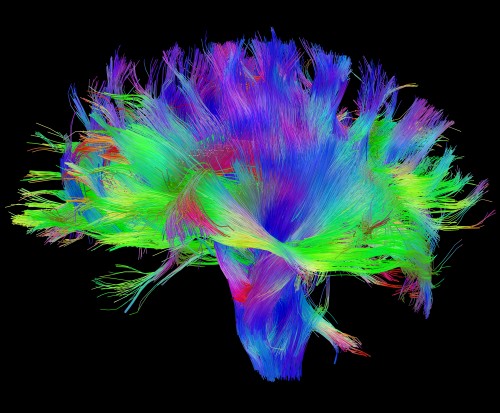Tag archives: MOOCs
Student behaviour in the MOOCosphere

Does student behaviour online mirror the traditional classroom? (Courtesy: Shutterstock/wavebreakmedia)
By James Dacey
I’ve written a few times recently about the rise of massive open online courses, or “MOOCs” for short. If this trend in education has so far passed you by, MOOCs are online courses generally offered free of charge by some of the leading universities in the world. For example, Massachusetts Institute of Technology offers courses in classical mechanics and electricity & magnetism, and the University of Edinburgh has recently launched a course about the discovery of the Higgs boson.
MOOCs tend to combine video lectures with assignments such as problem sets and extended projects. In many ways, the course formats mirror or complement traditional classroom-based education, incorporating features such as forums where students can discuss the course content amongst themselves. Some of the science courses even include online “practicals” by way of virtual laboratories. But despite the proliferation of MOOCs in the past few years, very little research has been carried out on the way that students are actually engaging with the courses.
Now, a group of researchers in the US has done the first relatively detailed study of student behaviour in the MOOCosphere. The study is described in a paper published on the arXiv preprint server with lead author Ashton Anderson, a computer scientist at Stanford University. Anderson and his team examined the behaviour of the student population in courses offered by Stanford through Coursera, one of the major MOOC providers. The courses were on the topics of machine learning and probabilistic graphical models. After reading the study, it seems to me that the “take away” message is that MOOC students have many different motivations for taking these courses and as a result they behave in an assortment of ways, distinct from classrooms in the real world.
View all posts by this author | View this author's profile
Medical scanning demystified

Diffusion MRI scan reveals the connections in the brain. (Courtesy: NIH/The Human Connectome Project)
By James Dacey
Many of you reading this will have experienced (or at least known somebody else who has experienced) a medical scan of some type. Even if you have a background in physics, these procedures can seem mysterious and even slightly menacing, not helped by the clinical designs of the equipment and some of the sounds they make. A new series of online courses offered by an academic collaboration in Scotland has been designed to demystify the world of medical-imaging techniques by presenting the science and technology in non-technical ways.
The courses include introductions to ultrasound, magnetic resonance imaging (MRI), positron emission tomography (PET), and computerized tomography (CT). “The material was designed for non-specialists with an interest in science who might want to understand a bit more about medical imaging: school teachers, pupils, patients, relatives of patients,” says Dave Wyper, director of the Scottish Imaging Network: A Platform for Scientific Excellence (SINAPSE).
View all posts by this author | View this author's profile